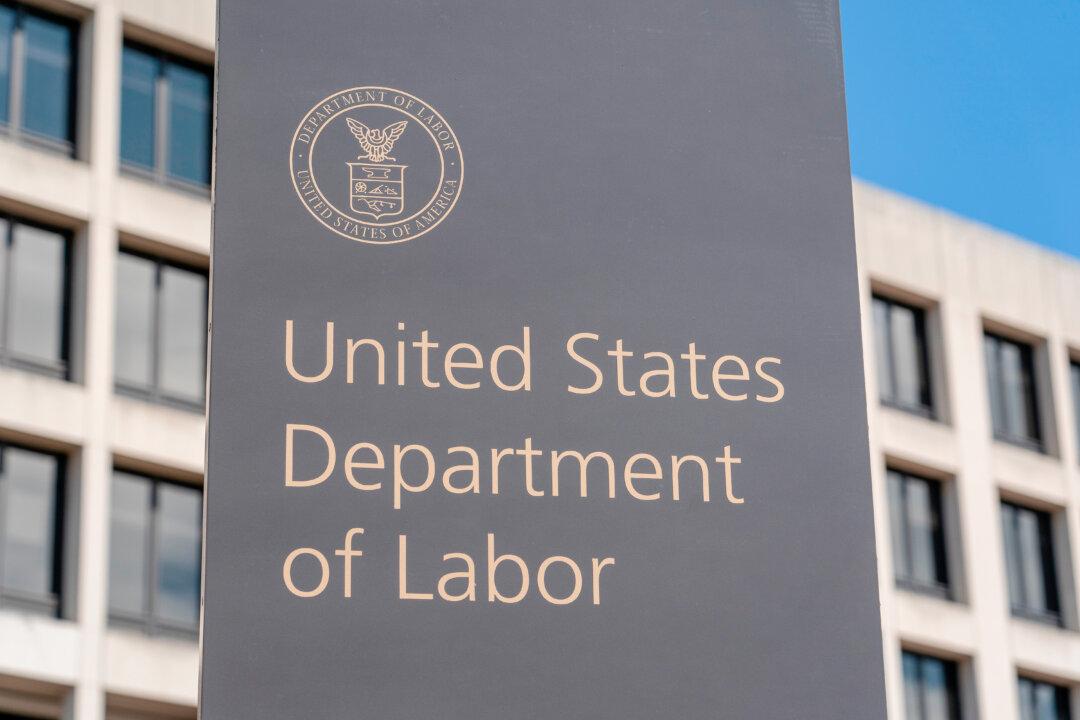House Republicans are calling on the Biden administration to account for increased fees and regulations in what they call a “regulatory attack on Main Street.”
The House Committee on Education and the Workforce has written a letter (pdf) dated Aug. 15 to Department of Labor (DOL) Acting Secretary Julie A. Su expressing concerns and seeking clarification regarding the DOL’s compliance with federal law during the formulation of new regulations.





